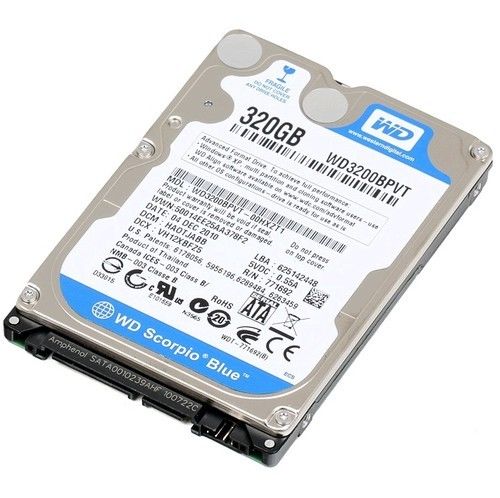I often talk to customers who, when discussing their computer problems, have a misunderstanding of these two words; Memory and Storage. It’s important to understand the difference. This description will cover this topic with a “very wide paint brush”, so to speak. It’s not intended to be exhaustive by any means. There are always nuances to these things.

“Typically when someone tells me their system is “out of memory”, what they’re actually saying is they’ve run out of storage, also known as hard drive storage space. For one reason or another the computers hard drive has filled up and there isn’t anymore room to add additional documents, music, etc. It’s also important to note that if you actually HAVE run out of space on the hard drive, you’ll experience some other very noticeable symptoms as well, such as your system response time has slowed to a crawl, weird glitch’s, shutdowns, etc. Any or all of these symptoms could indicate something entirely different, I’m only sharing what COULD BE.
Memory is more accurately defined as what’s also known as R.A.M., Random Access
Memory. This is the item that’s typically attached as one or more “sticks” to your system’s motherboard. This “memory” is used for a temporary storage area that is only used while  the system is physically turned on. For example, let’s say you’ve just opened up a Microsoft Word document to create your resume’. While you’re working on this document, its content is being stored within the RAM. If your computer system were to lose power suddenly, any changes you’ve made in that resume’ would be lost.
the system is physically turned on. For example, let’s say you’ve just opened up a Microsoft Word document to create your resume’. While you’re working on this document, its content is being stored within the RAM. If your computer system were to lose power suddenly, any changes you’ve made in that resume’ would be lost.
However, if you click on “Save”, the contents of that document will now be copied physically to your hard drive storage area, usually your “My Documents” folder. So at this point if your system suddenly were to lose power, whatever you’ve “saved” wouldn’t be lost.
An increase of RAM can also increase the performance of your system. As you open more and more of these documents, pictures, web pages, etc., they’re all being temporarily stored in the RAM. If you “run out” of RAM memory space, your computer will slow down to some degree while the system copies the data stored within the RAM to another temporary location on the hard drive called a SWAP or PAGING file. We’ll discuss that in more detail in another post.
Again, there are many nuances to this discussion; what’s important is that you begin to grasp some basics of the terminology and as we discuss things more often, the picture will begin to become clearer, like a jigsaw puzzle coming together.
Happy Computing!


